In a recent opinion piece published by Bloomberg, the author, Leticia Miranda argues that despite the allure of drone delivery, it has proven to be more trouble than it’s worth for retail giants like Amazon and Walmart. While technological advancements have revolutionized the shopping experience, some innovations, such as cashierless systems and drone delivery, have faced significant challenges in their implementation.
The Promise and Pitfalls of Drone Delivery
Both Amazon and Walmart have heavily invested in drone delivery capabilities, with Amazon’s new MK30 drone promising lighter, quieter, and faster deliveries, and Walmart’s partnerships with Wing and Zipline aiming to reach millions of households. However, the practicality of drone delivery remains questionable due to several limitations:
- Weight restrictions: Amazon’s drones can only carry orders up to five pounds.
- Fragility concerns: Items must survive a 12-foot drop to avoid interference with the drones.
- Weather and obstruction issues: Drones can be hampered by inclement weather, cars, trees, and other obstacles.
Moreover, the noise pollution caused by drones has been described as “substantially more annoying than road traffic or aircraft noise,” raising concerns about their impact on urban areas.
Legal and Profitability Hurdles
Drone delivery also faces Legal questions regarding airspace ownership above private properties, potentially leading to further legislative bureaucracy. Profitability remains a significant challenge, as current federal regulations require multiple people to oversee a single drone delivery, driving up labor costs. According to a 2023 McKinsey study, a single-package drone delivery costs around $13.50, more expensive than delivery via electric or gas vehicles.

Alternative Solutions for Faster Delivery
The author suggests that Amazon and Walmart should invest in alternative solutions to speed up online delivery, such as:
- Expanding their electric vehicle fleets to move goods faster at a lower cost to the company and the environment.
- Contracting independent drivers on e-bikes or electric motorbikes for half-hour to one-hour deliveries.
While the retail industry must remain open to new technological possibilities, it is crucial to recognize that not all problems require a fancy tech solution. As the author states, “More and more, the best technology changing how we shop isn’t a robot or drone but something a little more dull but no less life-changing, such as the invention of the barcode.” By focusing on practical, efficient, and customer-centric solutions, retailers can continue to thrive in an ever-changing landscape.
DroneXL’s take
While drones have the potential to improve our lives, it is difficult to justify their use for delivering non-essential items, such as toothpaste, within 30 minutes from a local retailer. The economic and logistical challenges associated with drone delivery for everyday products outweigh the potential benefits. However, we believe that drone delivery can be a valuable solution for urgent, high-value items, such as transporting an organ for a transplant across a congested city. In such critical situations, the speed and efficiency of drones can make a significant difference, bypassing ground-based transportation hurdles and potentially saving lives.




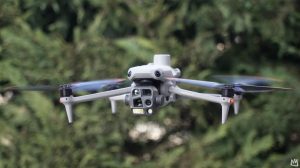

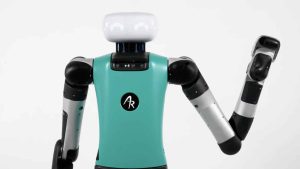
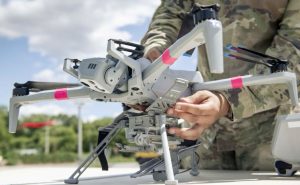

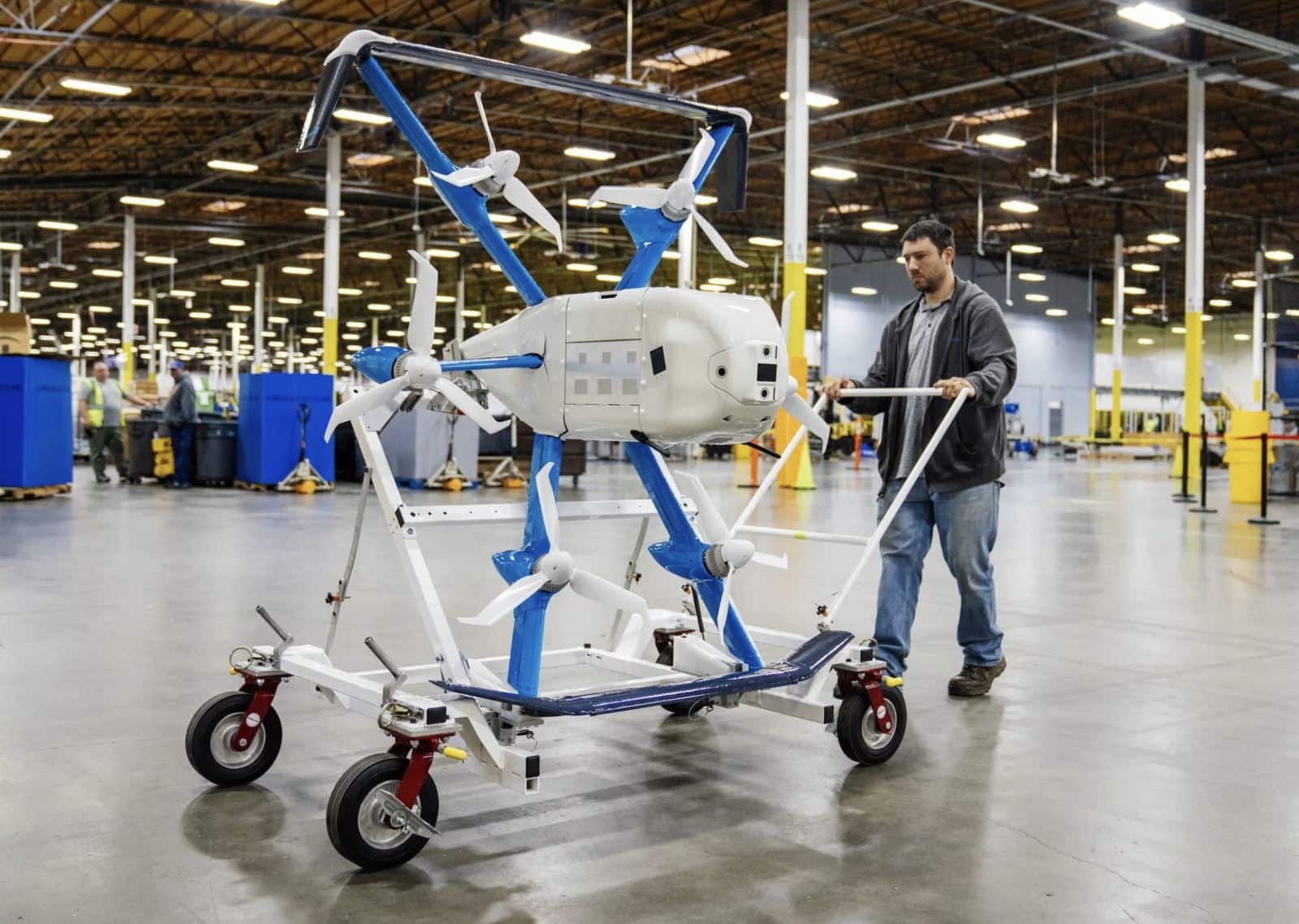


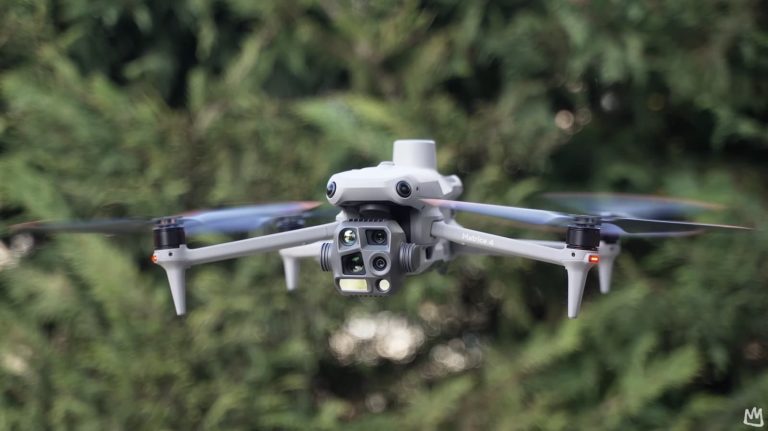
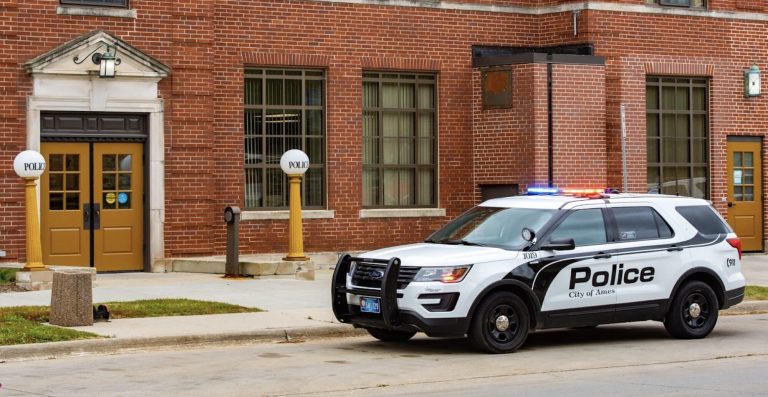




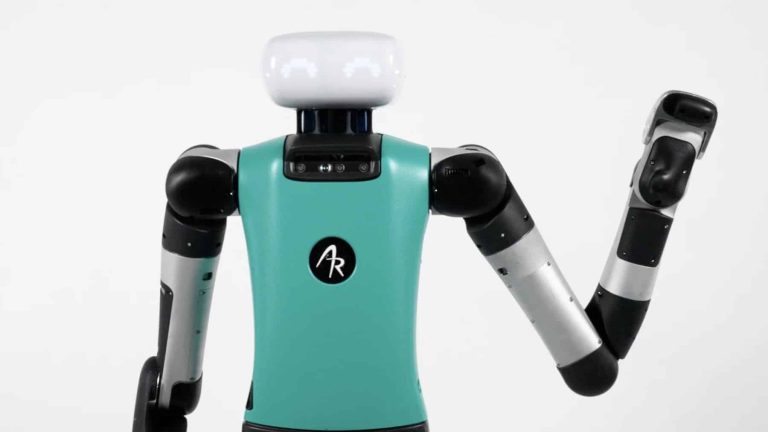
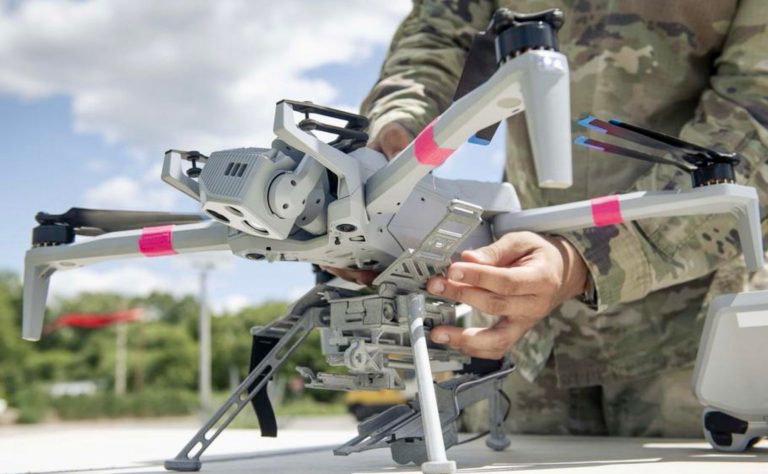
+ There are no comments
Add yours